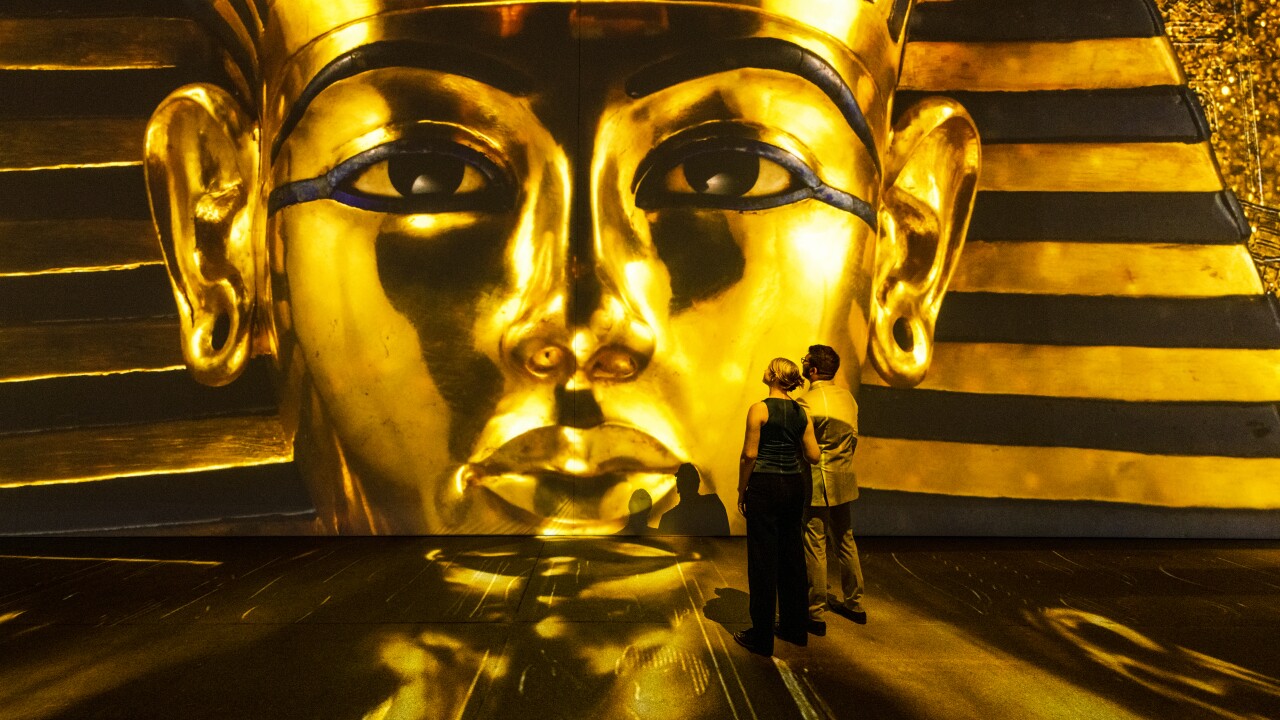
In the realm of ancient Egyptian spirituality, the “Book of the Dead” stands as a remarkable testament to the profound beliefs, rituals, and preparations that accompanied individuals on their journey into the afterlife. Unlike a singular book, this collection of texts, spells, and illustrations served as a guide to navigate the challenges of the underworld and secure a successful transition to eternal existence. Join us as we delve into the captivating world of the Book of the Dead, revealing its significance, contents, and enduring influence on ancient Egyptian culture.
1. The Journey to the Afterlife
The Book of the Dead, known as “rw nw prt m hrw” in Egyptian (transliterated as “rw nw prt m hrw”), translates to “Book of Coming Forth by Day.” It was a compilation of spells, hymns, and illustrations intended to guide the deceased through the perilous journey from the earthly realm to the afterlife. These texts were often inscribed on papyrus scrolls or written on the walls of tombs.
2. The Role of Spells
Central to the Book of the Dead were spells, known as “chapters.” These spells encompassed a wide range of topics, from protection against malevolent forces to providing sustenance and guidance. Each chapter had a specific purpose, addressing challenges such as passing judgment, navigating the underworld, and warding off dangers.
3. Illustrations and Symbols
Accompanying the spells were intricate illustrations and symbols that depicted various deities, scenes from the afterlife, and mythological concepts. These illustrations were believed to provide visual aid to the deceased, helping them understand and interact with the supernatural world they were about to enter.
4. Preparation for the Afterlife
The Book of the Dead played a crucial role in the preparation for the afterlife. It was customized for each individual, with spells chosen based on their personal needs and fears. Those who could afford it ensured that copies of the Book of the Dead were placed within their tombs, guaranteeing access to the necessary spells and guidance in the journey beyond death.
5. Themes and Beliefs
The content of the Book of the Dead reflects ancient Egyptian beliefs in the importance of preserving the body through mummification, the need for proper rituals and offerings, and the significance of truth, morality, and righteousness. The spells aimed to aid the deceased in passing the judgment of Osiris, the god of the afterlife, and being deemed worthy of eternal existence.
6. Eternal Legacy
The Book of the Dead not only served as a guide to the afterlife but also offered insights into the daily lives and beliefs of ancient Egyptians. It highlighted the cultural significance of proper burial practices, emphasized the importance of maintaining Ma’at (truth and balance), and reinforced the powerful bond between the living and the dead.

